You’ll never be excluded due to who you are
Since Face It TOGETHER’s founding in 2009, it’s been our goal to ensure all may access compassionate, high quality addiction care. We recognize that we are far from perfect. We will continue to learn, adapt and make changes to meet the needs of those we serve. This important work, coupled with the understanding of shortcomings and a goal to be better, will help us take the next right step.
We act in ways that build trust and we know people thrive when they feel they belong. We also know those with addiction – particularly those in other minority communities, such as people of color and the LGBTQIA+ community – have experienced significant shame, stigma and guilt. Our model, processes and member interactions are designed with that in mind. We want to serve as a safe, welcoming space free from judgment and stigma.
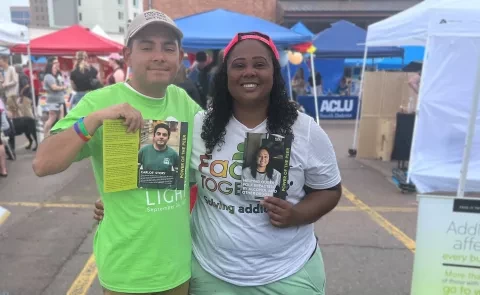
Persons of color
We’re here to serve persons of color and individuals whose first language isn’t English in a compassionate, trauma-informed manner. People of color have been shamefully and disproportionally impacted by the failed war on drugs. We can’t do justice to that history and generational trauma here. (But we do recommend these books: Chasing the Scream, Undoing Drugs and The New Jim Crow and this racial justice definition guide from the Annie E. Casey Foundation.)
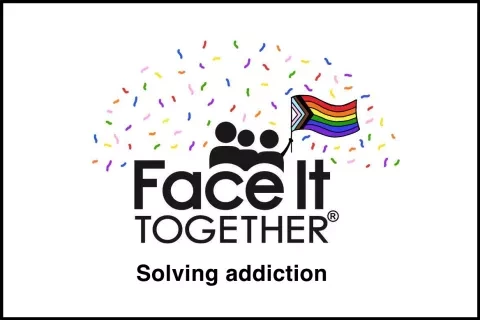
LGBTQIA+ folks
We’re here to serve the LGBTQIA+ community, regardless of sexual orientation and/or gender identity. We understand individuals in this community may be wary of disclosing their LGBTQIA+ status to a new organization or healthcare entity, especially depending on the climate in which they live. Carlos, a former member and current coach volunteer, shared his experience in this online Q&A.
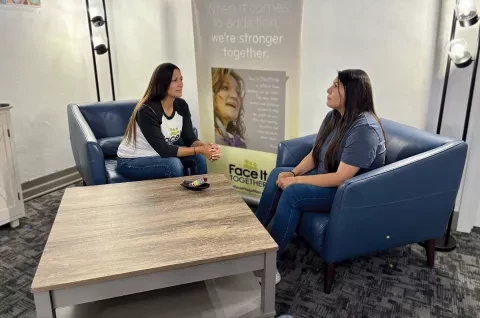
Native Americans
We’re here to serve Native Americans in ways that are meaningful and holistic. We know trust, respect and community are often important in our work with Native American members. Although our coaching is offered in a one-on-one setting, which may not always be the first choice for Native Americans, we believe all our coaching members are part of something bigger. When you’re here, you’re part of the Face It TOGETHER family and community.
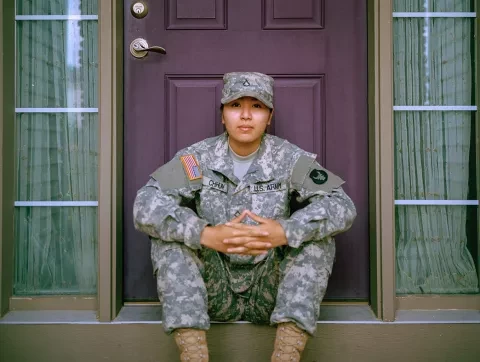
Veterans and military service members
We’re here to serve all service members (active, reserved/national guard and retired). Those in the military are often in an environment where the disclosure of a need for help can be detrimental to employment opportunities and relationships. Zero tolerance policies, re-entry into civilian life and PTSD symptoms all have an undeniable relationship to problematic alcohol and other drug use.
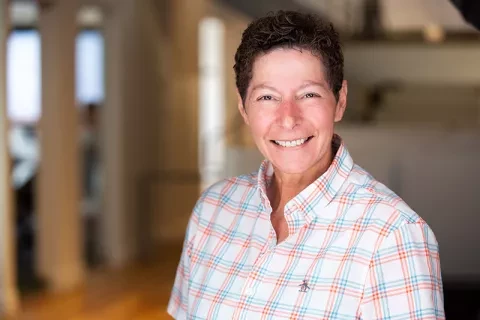
Formerly incarcerated individuals
We’re here to serve those who were formerly incarcerated, gang involved or otherwise justice impacted. Many of our coaches have firsthand experience with the disempowerment that comes along with the criminal justice system, including Terri, who received a Governor’s Pardon for three felonies in 2014. Her story – and many others – demonstrate that someone’s past doesn’t define who they are today.
You can hear more of Terri's story on this episode of the Peace on Drugs podcast.
Meet our coaches
Our peer coaches bring a variety of life experiences to their important work. We hope reading about their backgrounds will demystify coaching, introduce their areas of expertise and demonstrate recovery is possible. If you prefer a coach within a certain community that you don’t see represented here, we hope you’ll still consider reaching out. And if you’re comfortable sharing that feedback, we’d greatly appreciate it. We’d love to know what qualities are most important to you and will keep them top-of-mind while hiring new coaches.
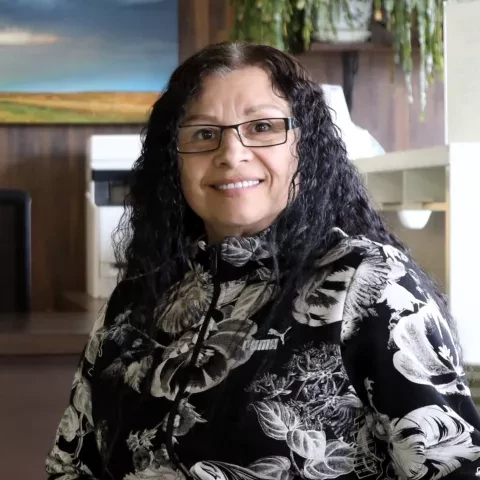
Lorie (she/her)
Coach, Pierre
Now that she’s in recovery, Lorie doesn’t feel like she needs to hide anymore. She gets to experience her emotions and have meaningful conversations. She’s committed to helping others build their confidence, self-love and success in life.
Lorie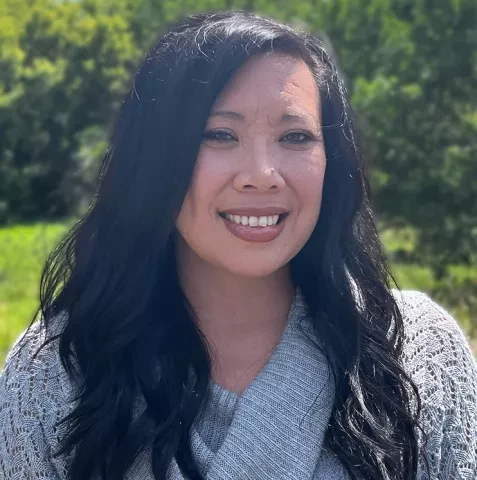
Aubrey (she/her)
Coach, Sioux Falls
Aubrey struggled with addiction for more than 10 years and has a range of experiences as a loved one to call upon. She has always wanted to help others impacted by addiction and let them know they're not alone.
Aubrey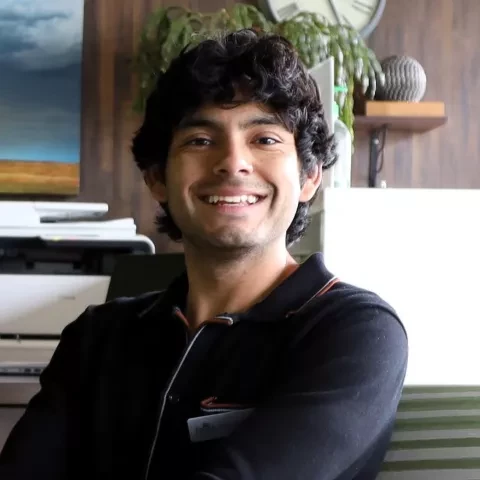
Carlos (he/him)
Coach, Sioux Falls
Carlos grew up in a household with abuse, which he escaped by going out with friends and drinking. He has found his wellness through cultivating self-love and identifying his life values.
Carlos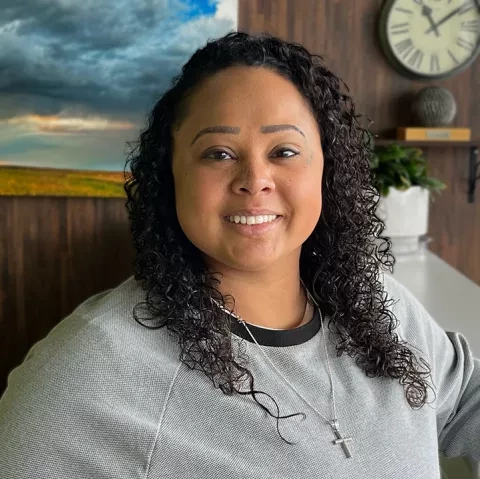
Shannon (she/her)
Coach, Sioux Falls
Shannon grew up around addiction and struggled with her own meth and morphine addiction. She still drinks alcohol in moderation. She loves making people feel welcome and heard, no matter what they're going through.
Shannon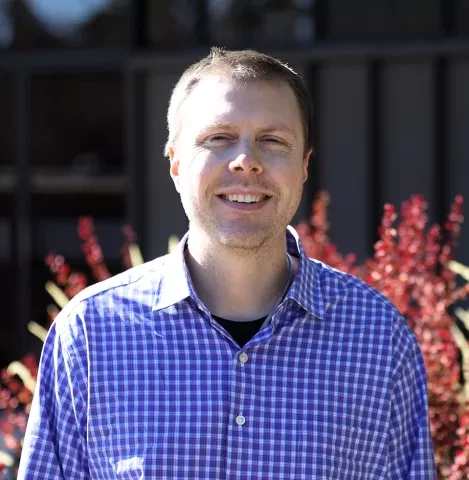
Joey (he/him)
Coach, Colorado Springs
Joey grew up around alcohol addiction and started his own alcohol and other drug use as a teenager. What started as a way to build confidence became a cycle of emotional lows, isolation and suicidality. After committing to wellness, all areas of his life have blossomed.
Joey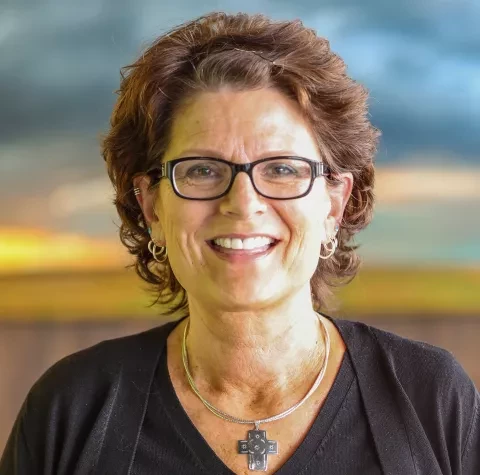
Janelle (she/her)
Coach, Sioux Falls
For years, Janelle tried dealing with the addiction in her life on her own. One of her favorite phrases since finding wellness is “don’t waste the pain,” which is why she wanted to help other family members in need.
Janelle